The assassination of Mousavi
I do voiceovers for Southfront two or three times a week. They are also one of the few websites that publish my work.
I don't always agree with their analyses—but Southfront is an excellent source and honest reporter -- and I feel I should support them—and so should you! Visit them please.
They also have a variety of good articles by people like Eric Zuesse and Pepe Escobar.
My latest Southfront report was about the assassination of Quds commander Brigade General Seyed Razi Mousavi in a bombing of his home outside of Damascus.
This attack conferred no tactical or strategic military advantage in Israel's war against Hamas. So, Southfront concluded, reasonably that…
Israel may be trying to drag Iran into a direct conflict in order to make up for its inability to win the war against Hamas in Gaza.
If so, Israel should've known better.
Just as the US should've known better when it assassinated Qasem Soleimani. Here is what the Rand organization said about that:
Response is inevitable, but the “severe revenge” promised by the Iranian regime is likely to be served up cold. Much of the analysis thus far expects the regime to retaliate as it normally does, relying on methods that do not leave fingerprints. But the significance of targeting Soleimani, who led the elite Quds Force unit of the Islamic Revolutionary Guard Corps, may cause Iran to deviate from its traditional playbook. In weighing the costs and benefits of its decision to act, the United States should have prepared to deal with such contingencies.
Strategic vengeance
What happened after Soleimani’s assassination was a hardening of the Iranian position, accelerated development of new weapons, increased aid to Syria, Hezbollah, and the Houthis and to the various groups threatening US bases in Iraq and the illegal US presence stealing Syrian oil in Syria.
Not to mention further rapprochment—not only with China and Russia—but also with the Arab oil states who were beginning to realize they could not win against the Houthis, no matter how much support they got from the West.
Iran thinks tactically and strategically—that's the difference between it and the US and Israel, whose knee-jerk responses to anything and everything are quite predictable.
So it was that after the December 25 attack on Mousavi, things got a lot worse for Israel. And naturally for the US too.
Hezbollah has already intensified operation against Israel from Lebanon, carrying out 23 attacks with rockets, guided missiles and suicide drones between December 25 and 27. The Houthis also launched a large-scale drone attack against the southernmost Israeli city of Eilat on December 26.
In addition, the Islamic Resistance in Iraq, an umbrella group of Iranian-backed factions, attacked the Israeli-occupied Syrian Golan Heights with a suicide drone for the first time ever on December 27.
Israeli troops are not doing well against Hamas 4.0—with poorly trained Israeli reservists who barely know how to shoot getting killed by professional, Quds-trained Hamas fighters.
Nor is Israel doing well against Hezbollah.
The IDF has threatened to bomb Beirut just like it has Gaza—but that would inspire further global revulsion against the US and Israel since Hezbollah is not in Beirut. Nor is Hezbollah Lebanon. An attack of this kind would be a genocidal war crime.
South Africa has just filed suit against Israel with the UN’s International Court of Justice under the Genocide Convention. A finding by the ICJ against Israel—which is likely—will require the ICC to act although loath to do this—certainly against Israel but also against all those complicit —including the US and the UK.
The assassination, of course, ups the ante against the US forces occupying the Syrian oilfields. You can expect newer attacks with even better weapons supplied by the Iranians and more attention to American disregard for international law.
Weapons that work
While the IDF relies on super expensive, value added, high-tech American weaponry for shock& awe war–-with a heavy emphasis on the “awe” part—the Iranians have developed more advanced weapons for asymmetric warfare. The way that wars are fought in one has changed a lot.
Iranian weaponry and Iranian tactics allowed the Houthis to defeat the Saudis despite their sophisticated, Western supplied weapons systems. A lot of Yemenis died of course but the Houthis still managed to hold off the might of the Saudi army.
Some say that it was the October 7 attack by Hamas and subsequent genocidal bombing of Gaza that unified the Arab world against the US and Israel. It seemed that the oil states and also Syria, Iran, Turkey, and just about everybody else were saying suddenly "enough is enough".
But it wasn't just the October 7 attack. The political ecology of West Asia has been evolving for a long time—incrementally—since perhaps the beginning of the 21st century—when the US began to decline.
Nations and empires collapse in different ways.
The Japanese had their "bubble"—which took just two or three decades to inflate then burst.
The US, however, is one giant gasbag, filled with and held aloft with rubber bubbles of hot- air for many decades. But those bubbles inside are leaking.
Now the gasbag is still big but can barely float. You can't always see thebubbles—but you can smell them – they stink.
This is now unquestionably a multipolar world, in which the US, in its current putrefying form, does not really fit.
But Iran does fit. And it is facilitating unity in West Asia against what is now clearly a common enemy – the US and Israel—who oppose international democracy.
For example, the Houthis have moved forward with the peace plan announced in November in Yemen to form a unity government, and even sent officials to Riyadh.
This progress is clearly the result of tacit agreements between the Iranians and the Saudis—with the backing of Russia and China behind the scenes. What is in the background matters a lot.
In the meantime, the Houthis are using Iranian missiles and drones to cut off shipping to Israel through the Red Sea and Suez Canal. They actually haven't done much damage with the drones and cruise missiles—but enough and the Americans really have no counter for this.
The Houthi threat is clearly discouragingshipping companies from attempting the Red Sea route to Eliat. That hurts Europe—already disintegrating economically— and raises the cost of oil worldwide, which increases inflationary pressures on the US, hindering economic recovery. BRICS is rising. The Western gasbag, as I have said, is deflating.
Hello Trump; goodbye Biden. But it doesn’t matter who’s President of a Banana Republic without bananas.
Shipping can still come through the Straits of Gibraltar.
But that implies a longer and more costly route and ships have to traverse the Mediterranean all the way from the Straits of Gibraltar making them vulnerable to drone attack from any ragtag group in the North African desert—assuming that Hezbollah doesn't just use its missile power to cut off all commercial shipping to Israel closer to its shores—which it could do—and certainly would do—if the Israelis were to launch a full-scale attack on Lebanon.
As Hamas has progressed through various versions, so too has the entire “Axis of Resistance”, including Hezbollah.
Hezbollah today is not the Hezbollah that defeated Israel in 2006—it is far more sophisticated and capable. It even has its own weapons factories built for it by the Iranians. And Russia is supplying it with weapons too.
Since the attack on Brig. Gen. Mousavi, the Syrians are supplying Hezbollah with even more weaponry, extending an agreement made in November. That includes air defense weaponry.
Things weren't going well for the Israelis and the US before the assassination of the Iranian general – now they're getting worse. Dumb and dumber.
It's also death by a thousand cuts.
But first, the American and European publics have to bleed.
The US doesn't have a lot of options. It has a fleet trying to protect shipping in the Red Sea—but that's a literally "hit and miss" operation. Shipping companies our reading the writing on the wall. The dollar looks set to lose its reserve status sooner than anyone expected.
Operation Prosperity Guardian is costly and expensive, and the U.S. Navy is depleting its supplies of missiles very quickly. If it launches attacks on the Yemen itself, it would be no more successful than the Saudis were – and it will get no help from the KSA or Arab oil states.
The last thing Joe Biden needs before an election is a quagmire.
“Happy” New Year
In many Asian countries--there are two New Year's—there's the Western one according to the Gregorian calendar, and there is the traditional Asian one according to the lunar calendar-- which is kind of cool If you need extra excuses to party.
In Islam, the equivalent of New Year's will be in July. In Judaism, it was in September, although most Jews in Western countries also celebrate January 1.
It follows that since New Year's is not the same everywhere, "Happy New Year" does not necessarily have the same meaning in different countries, although in nominally Christian cultures itis a message of Hope, since New Year's follows the birth of Christ-- not that Jesus was actually born December 25, which is the feast of Dionysus.
Still, today—New Year's Day, January 1—is a good opportunity for me to thank all the people who have supported me and contributed to this NewsForensics project the last year.
I think we have created a kind of community of people who think not just with their brains but with their hearts. Thank you. You inspire me. You restore my faith in humanity. The calendar does not give me hope – you do.
I also thank Southfront for their support and always fighting the good fight.
The Japanese way
In Japanese, we do not say “happy new year”. We say “akemashite omedetou gozaimasu”, which means literally “congratulations on the dawn”—a kind of poetic way of saying "congratulations we survived last year to see the dawn of the new one".
This expression is followed by "kotoshi mo yoroshiku onegai itashimasu" which means "this year also" ("kotoshi mo") “thank you for something you are yet to do for me and sorry for something I'm yet to do to you” ("yoroshiku onegai itashimasu").
It's a kind of open-ended expression—which does not imply that next year will be better than last—just covers all the bases—not that anyone thinks about what it means. Just another way of saying I get by with a little help from my friends.
As I was writing this, the desk began to shake-- an earthquake...! An omen?
Very likely 2024 won't be better than last year—the decline of the Western world will continue, more people will die in war and the ongoing Holocaust in Gaza, and economic malaise and inequality will worsen. Yoroshiku onegai itashimasu. January 1 2024 is a lot like September 1, 1939. Read the poem.
All I have is a voice
To undo the folded lie,
The romantic lie in the brain
Of the sensual man-in-the-street
And the lie of Authority
Whose buildings grope the sky:
There is no such thing as the State
And no one exists alone;
Hunger allows no choice
To the citizen or the police;
We must love one another or die.
Let there be justice
On this day—the first of January, let us not celebrate—rather let us mourn the murdered children of Gaza. Vengeance is one thing-- but thinking ahead to the future, justice is more important. And it should be visited upon people like Joseph Biden, Netanyahu, Zelensky, and all others who enable war and genocide.
Vengeance belongs to God.
Justice is our responsibility.
Thank you all once again.
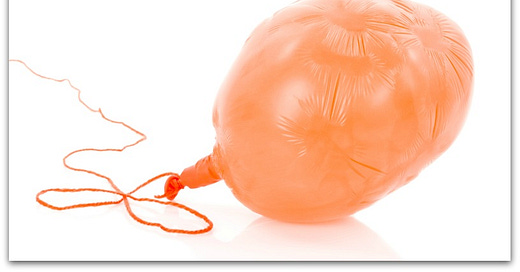


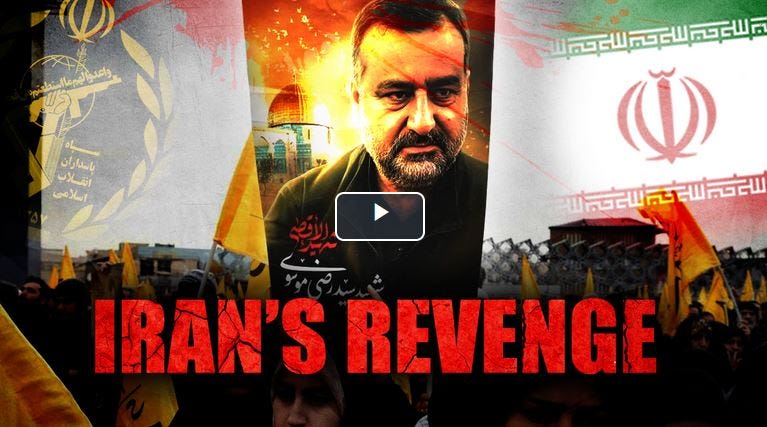
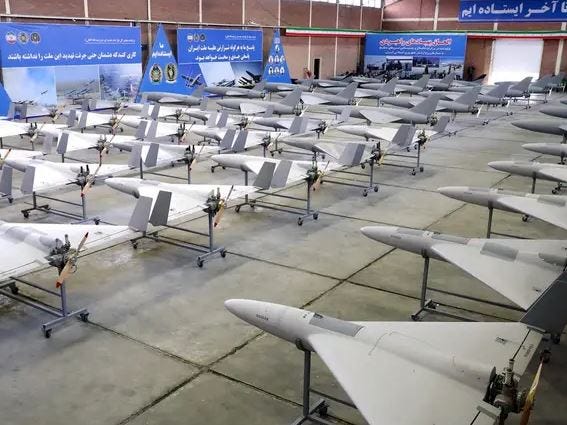

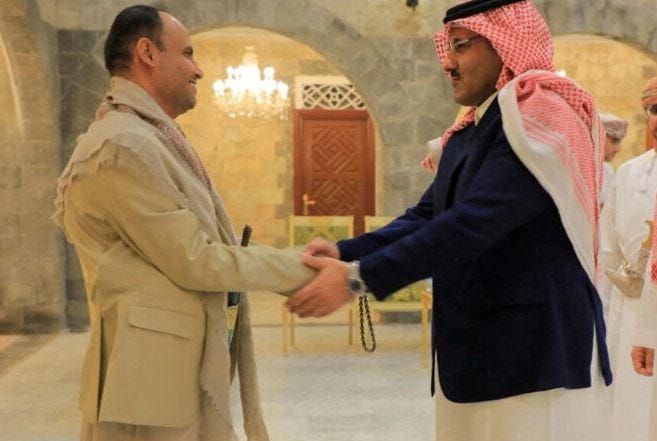
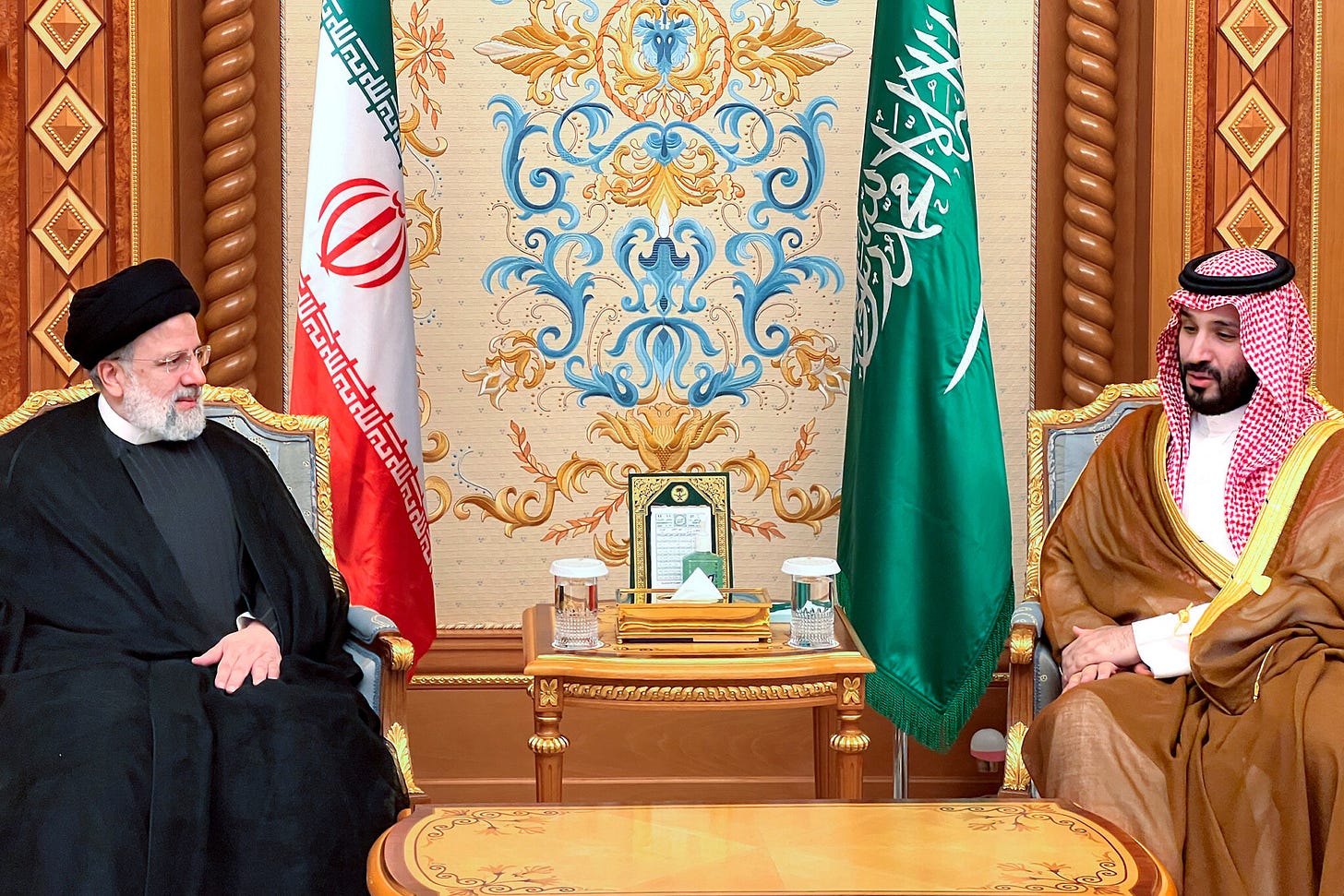
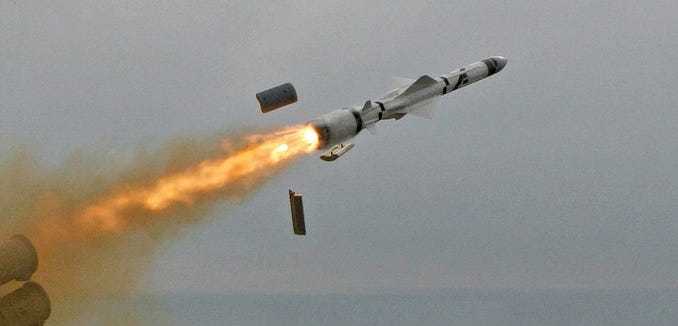
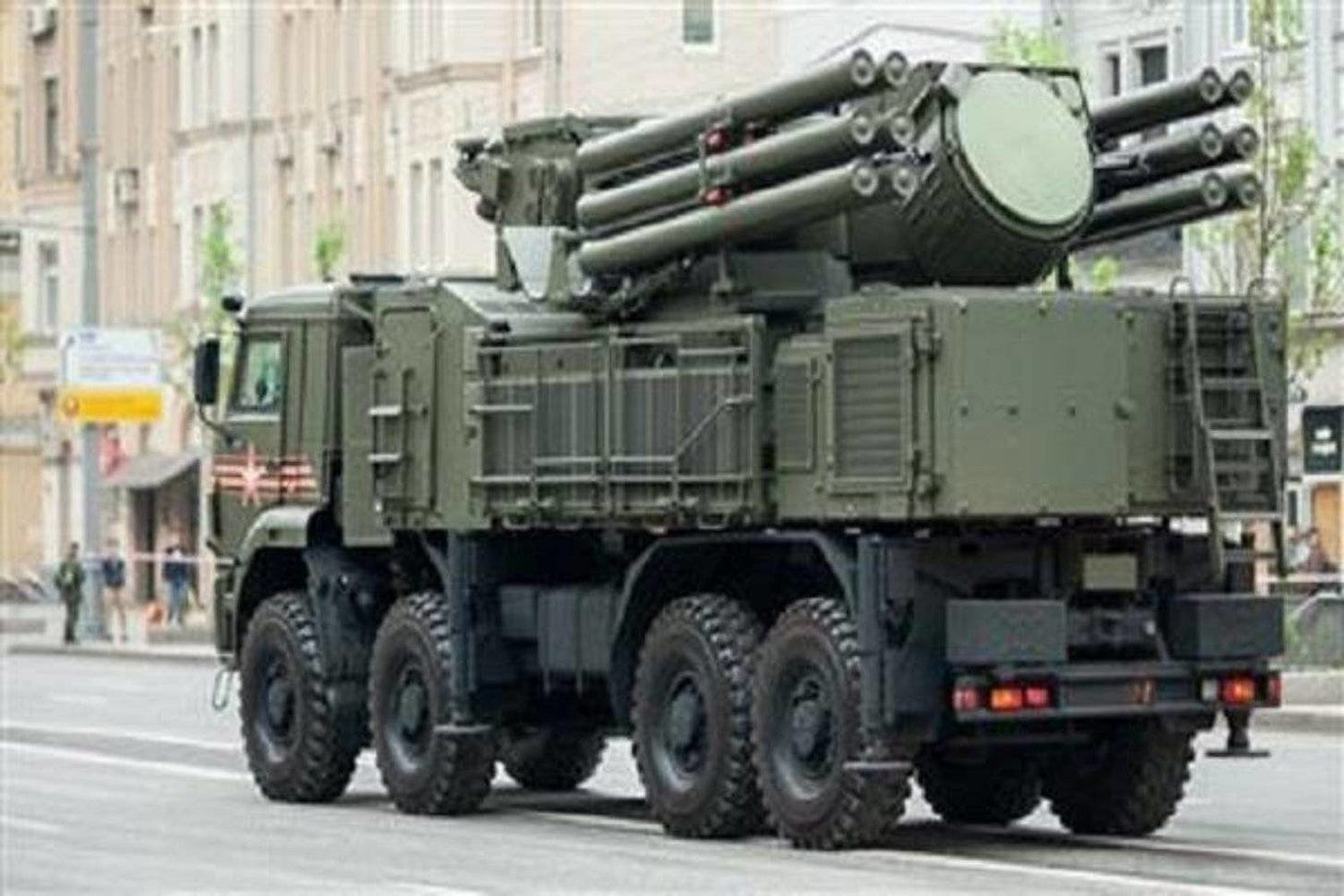




I appreciate your analysis of the global situation, and the poetic touches in your post.
I saw pictures of the earthquake and hope that not too many people were harmed amidst the damage caused.
Justice and peace are what we need now. I hope we can achieve those things.
For what it's worth, happy new year!
Fantastic write up. We in the west need a sustained effort of speaking the truths of all sides. Decades of lies and deceit have put western minds to sleep. Thank you for doing your part.